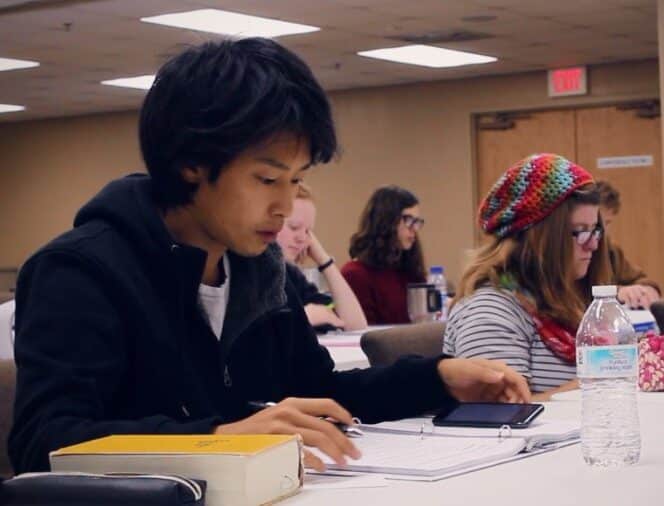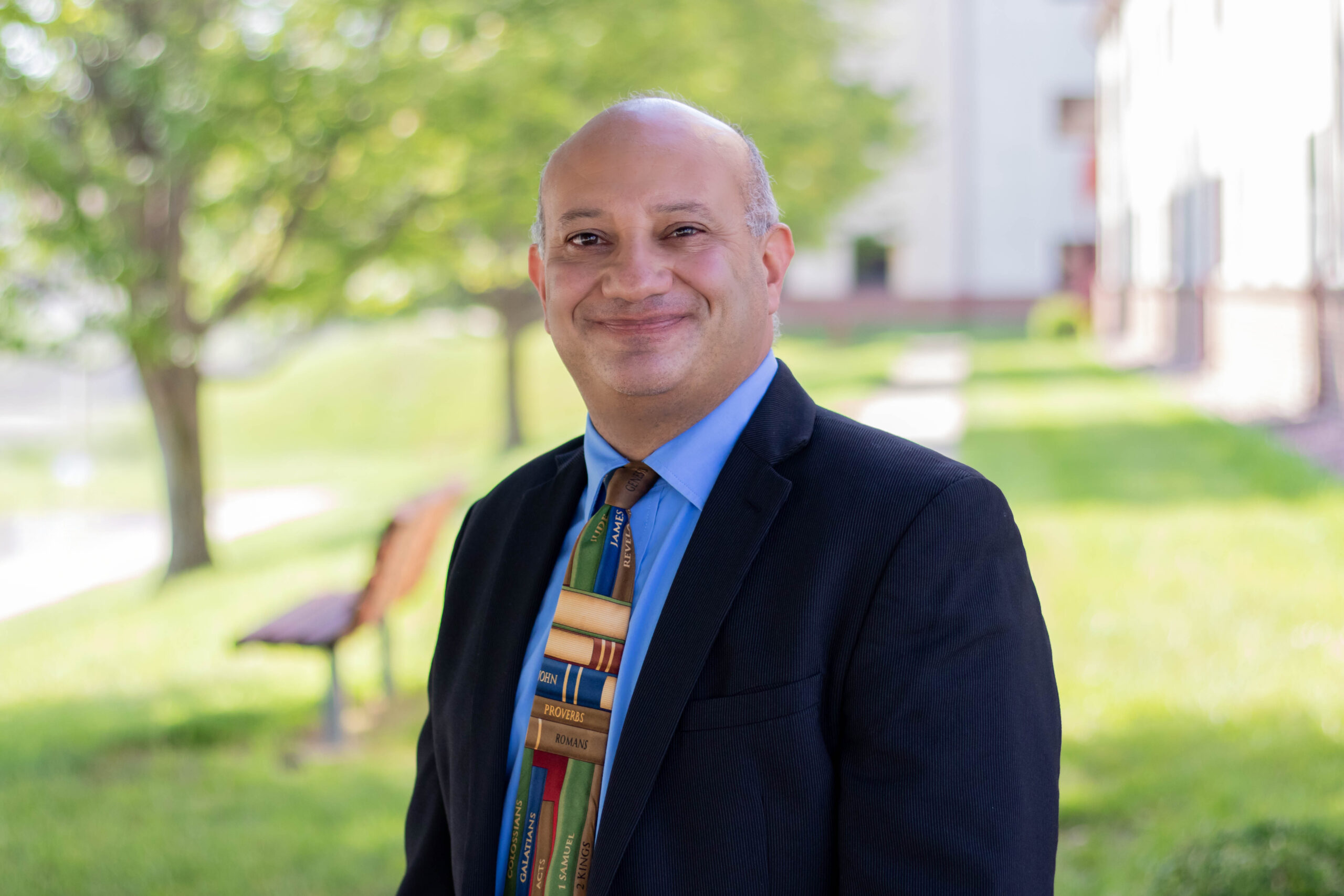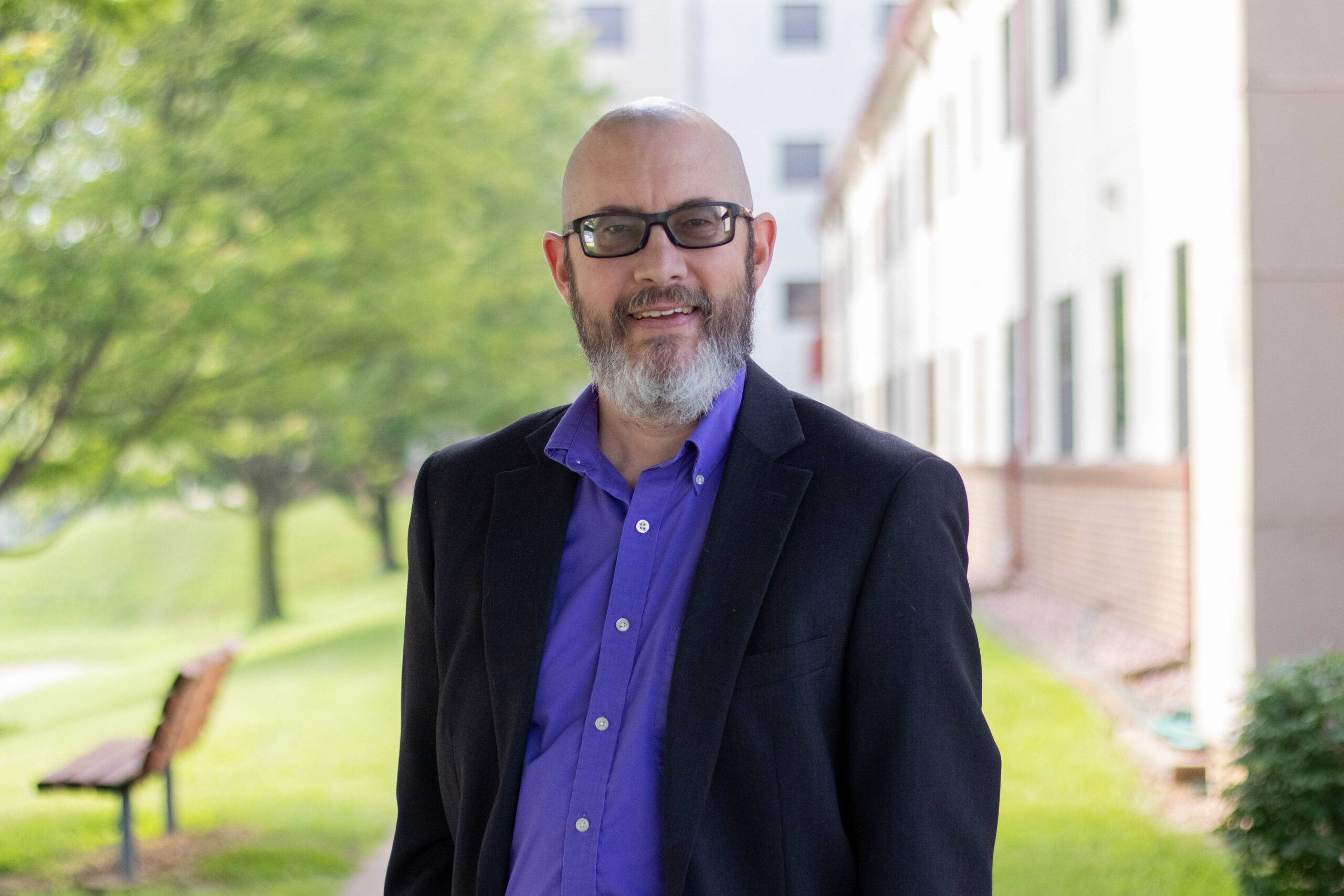/
Quick Facts
10:1
Student-Faculty Ratio
90%
Post Graduate Employment
BS
Degrees
Programs Offered
Intercultural Studies

Intercultural Studies
You have the option to pursue a bachelor’s degree in Intercultural Studies either through the traditional on-campus college experience or online.
Online Intercultural Studies Degree
Through Calvary University’s blended model of education, students can earn their online college degree from virtually anywhere in the world.
Ministry Studies Department Objectives
The Ministry Studies program seeks to prepare students to:
- Understand the biblical principles for effective Christian ministry.
- Assess character qualities neededfor effective Christian ministry.
- Develop skills needed for effective Christian ministry.
- Synthesize knowledge, character, and skills.
Ministry Studies Program Learning Outcomes
Students will be able to:
- Develop the ability to assess Christian character qualities essential for effective Christian ministry.
- Develop biblical, historical, and cultural understanding of effective Christian ministry.
- Develop effective communication, interpersonal, and leadership skills essential for effective Christian ministry.
- Synthesize Christian character with understanding of ministry.
- Synthesize ministry skills with Christian character.
- Synthesize understanding of ministry with ministry skills.
Tuition & Fees 2025-2026
| On-Campus Courses | $432.00 per credit |
| Online Courses | $470.00 per credit |
| Student Services fee | $262 per 8-week session |
| Double Dorm Room | $1,708 per semester |
| Single Dorm Room | $2,064 per semester |
| 288 (Full) Meal Plan* | $1,636 per semester |
| 224 Meal Plan | $1,474 per semester |
| 112 Meal Plan | $1,064 per semester |
*The full meal plan is required for all freshmen (29 or fewer credits). Students with 30 or more credits recorded on their Calvary transcript may select from other meal plan options.
Career Paths
A Ministry Studies degree prepares students for a range of careers in ministry.
- Senior Pastor
- Associate Pastor
- Youth Pastor
- Campus Ministry
- Christian Education
- Evangelism
- Ministry Coordinator
- Missions
- Humanitarian Aid
- Foreign Service Official
- International Diplomacy
- International Development
- Church Staff
- Missions Director/Pastor
- Mission Agency Staff
- Mobilization
- Church Planter
- Multinational Corporation
- Inner-city Ministry
- International Business
- Refugee Resettlement Ministry
- Refugee Services Case Manager
- Teaching English overseas
- Community Development
- Missions Aviation
- Non-Governmental Organization Leader
- Disaster/Aid Relief Worker
- Para-church Leadership
- Fund-raising for Faith-based Organizations
- Chaplaincy (with additional training)
- Youth Leader
- Student Development at a College or University
- Children’s program Leader/Director
- Shelter Case Manager
- Children’s Care Specialist
- Family Support Worker
- Teacher Assistant
Meet the Intercultural Studies Department Faculty

